Secret Level, Amazon’s stunningly animated video game anthology tribute, is either a gorgeous, impactful vehicle through which some short stories are told or a soulless piece of capital C Content, depending on which episode you’re watching.
The show is primarily developed by Blur Studio with some help from Amazon’s MGM Studios. If you’re familiar with Blur’s work on some of the best cinematic trailers from the past decade or so, you won’t be surprised that the animation across all 15 episodes is truly beautiful. It’s the notable lack of heart and soul in its storytelling as it aspires for big, emotional prestige that lets down several of the episodes, which—if excised—could have made for a more impressive series. Instead, we essentially have 15 trailers, all with roughly the same emotional cadence, and only a few of them succeeding in telling a story that doesn’t just feel like a really expensive advertisement.
As I look at the 15 games Secret Level’s anthology episodes cover, I’m still not sure why the show chose these stories to tell. But I have a theory: An Amazon series releasing an episode based on the company’s MMO New World under the guise of an artistic endeavor makes for easy promotion. Concord, a short-lived hero shooter Sony has no intention of promoting any longer but was clearly hoping would be its next big live-service hit, has an entire episode that feels like an extended cinematic trailer dedicated to its “we have Guardians of the Galaxy at home” world. In other words, while several of the games featured in Secret Level are huge properties with the cultural cache to make them obvious choices for an anthology paying tribute to video games, most episodes feel like extensions of marketing.
Secret Level airs on December 10, meaning some of the games this show highlights are either not out yet or were in active development alongside the show. Concord is, of course, the strangest and most awkward inclusion given the game’s fate, but it’s Exodus: Odyssey—the upcoming sci-fi game from Wizards of the Coast’s Archetype Entertainment—that gets one of the most exhaustingly self-indulgent episodes. The game was announced less than a year ago, and we haven’t even seen it in motion. Wizards of the Coast’s properties also make another appearance in a Dungeons & Dragons episode. Again, Secret Level makes more sense as a business transaction than it does as 15 stories being told because someone out there genuinely felt they were worth telling.
Concord isn’t PlayStation’s only episode. Easily the worst, least self-aware episode of the show follows a young woman who works as a delivery courier for a company that rewards workers for their personal best delivery times with focus-tested cosmetic upgrades. She sheds her monotonous corporate life by hanging out with a blue slime monster and running away from virtual reality (or maybe real? It’s not quite clear) versions of PlayStation characters like a colossus from Shadow of the Colossus and Kratos from God of War as she bikes through the city. See, you wake up every morning with that grindset, trying to get the best cosmetics while working your life away for your careless corporate owners, but the real cool kids don’t buy into that system with their silly little jobs and play PlayStation games instead? Corporations are evil and manipulating you into doing their bidding with terrible rewards, but getting back to your PlayStation is your safe space? The brand will never hurt you? Or something? Unless you’re a developer under its umbrella, I guess. It trades any form of coherent storytelling for cameos from a number of PlayStation characters in an effort to make fans clap and cheer, and could easily be condensed into a TV spot at the Super Bowl.
Several episodes are strangely nondescript. Crossfire’s episode is a fairly generic military shooter cutscene characterized almost exclusively by the edgy bleakness of its early 2000s era. Exodus’ episode is gorgeous to look at, but if you put a gun to my head I don’t think I would have been able to identify which game it was from. The times Secret Level’s episodes do stand out occur when the show leans into stylistic animation that doesn’t blend into the rest of the series. These are 15 unique games, so why do half of them look the same? It makes such a difference when they look distinct, like the episode based on Sifu, which sums up the game’s roguelike martial arts structure, and the one for Spelunky, which ditches the photorealism employed by most of Secret Level and captures the adventurous spirit of Mossmouth’s cave-delving adventure.
Some of the adaptations are less faithful. The Pac-Man episode takes a psychological body horror approach to the early arcade mega-hit, a concept which is interesting in a vacuum and results in some of the show’s most memorable sequences. However, in the context of Pac-Man’s typically all-ages history, it feels like the officially licensed equivalent of a Disney character getting thrust into a horror property once it enters the public domain. Mega Man doesn’t go quite as hard in that direction, but it nonetheless turns the colorful series of action platformers into a somewhat dark coming-of-age story that marries Secret Level’s prestige storytelling leanings with the father/son dynamic of the titular robot hero and his creator. It’s one of the series’ standouts, but even better episodes like this one, Sifu, and Spelunky can’t clean the stench of cynical advertising that lingers over the whole show.
Secret Level is, in a word, uneven. Its animation is stunning, but it feels like Blur Studio leaned too hard on its experience of making trailers with swelling emotional arcs designed to nudge a customer to their closest game store. When creator Tim Miller announced the show back at Gamescom in August, he tearfully called it a “love letter” to video games. But the result is something that feels more like a collection of expensive commercials, one of them for a game you can’t even play anymore.
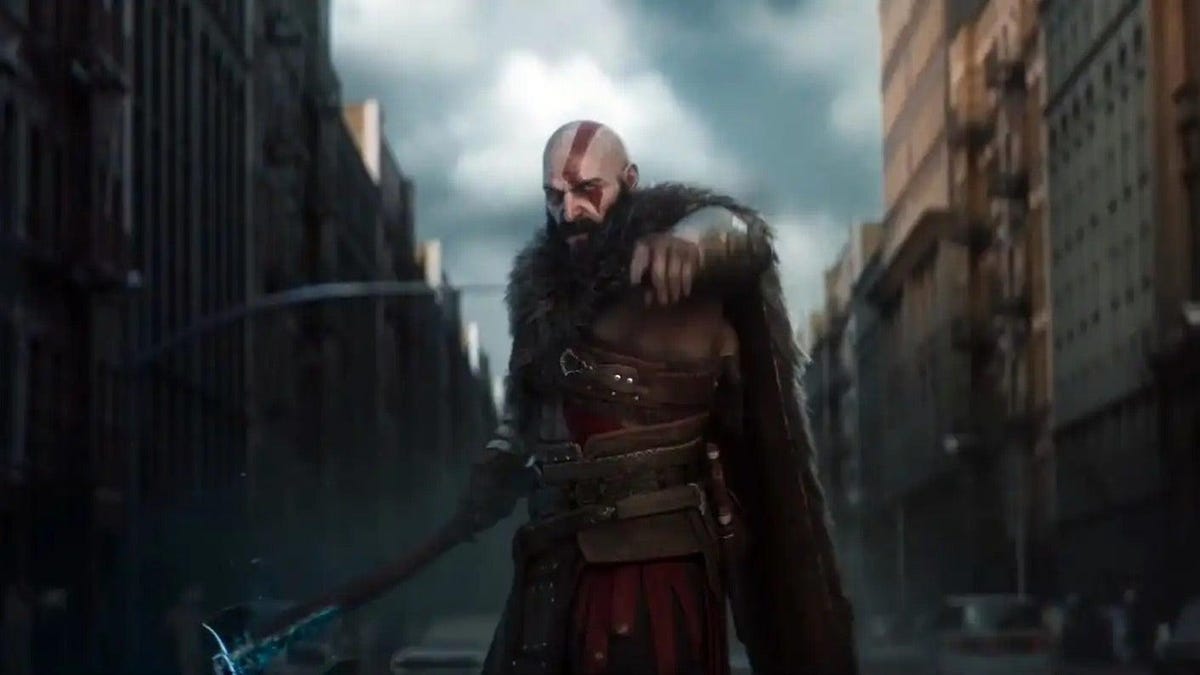
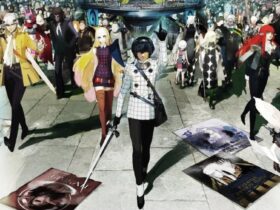
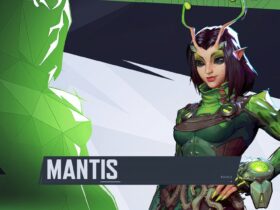

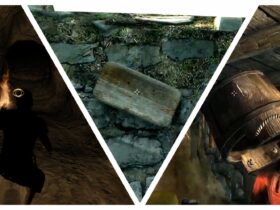




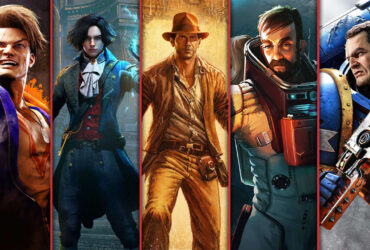
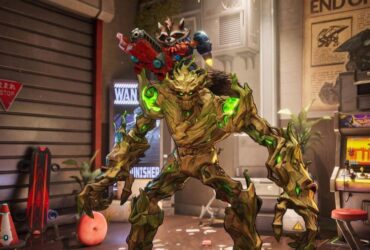
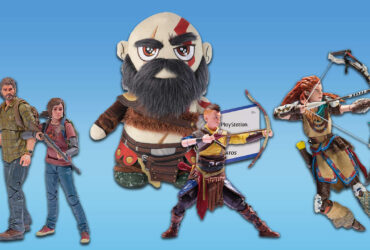
Leave a Reply